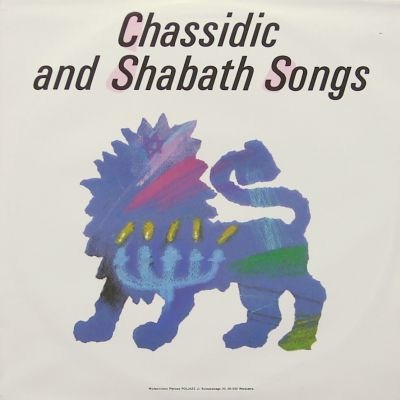Des Knaben Wunderhorn is wide collection of folk poems edited by Achim von Arnim and Clemens Brentano and published in Heidelberg during first decade of nineteenth century, became the foundation of German romantic folklore idealizations and vivid movement creating new national identity for people divided by borders between many German countries. The edition quickly took prominent position in cultural heritage of German language societies. Great importance of the collection has its musical impact – among composers writing songs with texts from Des Knaben Wunderhorn are Johannes Brahms, Carl Loewe, Felix Mendelssohn-Bartholdy, Robert Schumann, Carl Maria von Weber, Alexander Zemlinski and most consistent and magnificent Gustav Mahler.
Mahler come up to Des Knaben Wunderhorn many times and always with great creative effect. For the very first time in 1884 he took only inspiration from the poem Wann mein Schatz and composed narrative song cycle Lieder eines fahrenden Gesellen (Songs of a Travelling Journeyman). Then he has elaborated settings of nine songs chosen from the Wunderhorn collection. Mahler composed these songs after 1887 and closed in 2nd and 3rd Volumes of Lieder und Gesänge aus der Jugendzeit (Songs and Airs from Days of Youth) – three-volume collection of solo songs with piano.
Mahler come up to Des Knaben Wunderhorn many times and always with great creative effect. For the very first time in 1884 he took only inspiration from the poem Wann mein Schatz and composed narrative song cycle Lieder eines fahrenden Gesellen (Songs of a Travelling Journeyman). Then he has elaborated settings of nine songs chosen from the Wunderhorn collection. Mahler composed these songs after 1887 and closed in 2nd and 3rd Volumes of Lieder und Gesänge aus der Jugendzeit (Songs and Airs from Days of Youth) – three-volume collection of solo songs with piano.
Next 12 songs collection, known as Des Knaben Wunderhorn, Gustav Mahler composed in years 1892 to 1895. Originally songs was composed for voice and piano. Made out of Des Knaben Wunderhorn selection has been dynamically changed in years of creation and after. First five songs he composed in 1892 and next year three more songs. Then he slow down and completed the cycle in 1998. Some songs from this set he used his symphonies in instrumental extended setup or as vocal movements like Urlicht in Second Symphony and Es sungen drei Engel in Third Symphony. In 1901 he removed these two songs from Wunderhorn collection and replaced them with another two newly composed songs – Revelge and Der Tamboursg'sell both composed in 1901. After his death Universal Edition replaced piano accompaniments with piano reductions of orchestral score.
Des Knaben Wunderhorn is probably one of best known song cycles with orchestra. Some songs are lighter than other works and for sure it’s not as much difficult as Kindertotenlieder or any other of Mahler’s ten symphonies. In 1980 recording of this work was published by Hungaroton label (SLPX 12043). Complete collection of 12 songs sung by soloists of Budapest Opera soprano Éva Andor and baritone István Gáti with accompany of Budapest Symphony Orchestra conducted by György Lehel. Andor sung with precision and with perfect emotions her soprano sounds with some operatic touch. Gáti shapes his phrases in more emotional way, building good connections with instruments. Testing his expressive possibilities he gave great rendition of the song Des Antonius von Padua Fishpredigt and Revelge, and he sings perfectly in style – these two songs are examples of narrative, highly dramatic song. In Der Schildwache Nachtlied soprano parts are profoundly emotional and mysteriously gentle. Orchestra plays precisely and with rich sound. Both singers and the orchestra gave exact, professional performance and clear, well planned interpretation of whole collection.
Des Knaben Wunderhorn is probably one of best known song cycles with orchestra. Some songs are lighter than other works and for sure it’s not as much difficult as Kindertotenlieder or any other of Mahler’s ten symphonies. In 1980 recording of this work was published by Hungaroton label (SLPX 12043). Complete collection of 12 songs sung by soloists of Budapest Opera soprano Éva Andor and baritone István Gáti with accompany of Budapest Symphony Orchestra conducted by György Lehel. Andor sung with precision and with perfect emotions her soprano sounds with some operatic touch. Gáti shapes his phrases in more emotional way, building good connections with instruments. Testing his expressive possibilities he gave great rendition of the song Des Antonius von Padua Fishpredigt and Revelge, and he sings perfectly in style – these two songs are examples of narrative, highly dramatic song. In Der Schildwache Nachtlied soprano parts are profoundly emotional and mysteriously gentle. Orchestra plays precisely and with rich sound. Both singers and the orchestra gave exact, professional performance and clear, well planned interpretation of whole collection.





